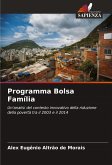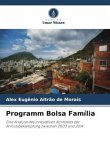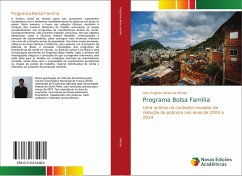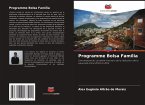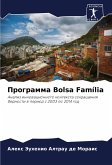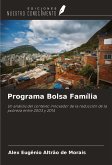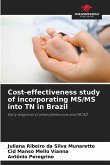The social history of the world is constantly being challenged by the multidimensional phenomenon of poverty in all countries. In this way, the search for effective solutions, by reducing the absolute numbers of vulnerable families, is constantly based on direct income transfer programs. Consequently, the aim of this concluding paper is to demonstrate how the Brazilian federal government, by reformulating the concept of welfare, has been able to achieve a reduction in the population's social restrictions. Based on these premises, it uses theoretical and historical foundations to point out a retrospective of poverty in Brazil, the chronological process of income transfer programs in the world, Latin America and Brazil and a conceptualization pertinent to the Bolsa Família Program. At the end of the research, the conclusion is that the program has reformulated an ideal way out for families in abnormal survival conditions, but it still makes clear the need for persistent investment in job creation, greater income distribution and incentives to increase national production.
Bitte wählen Sie Ihr Anliegen aus.
Rechnungen
Retourenschein anfordern
Bestellstatus
Storno



